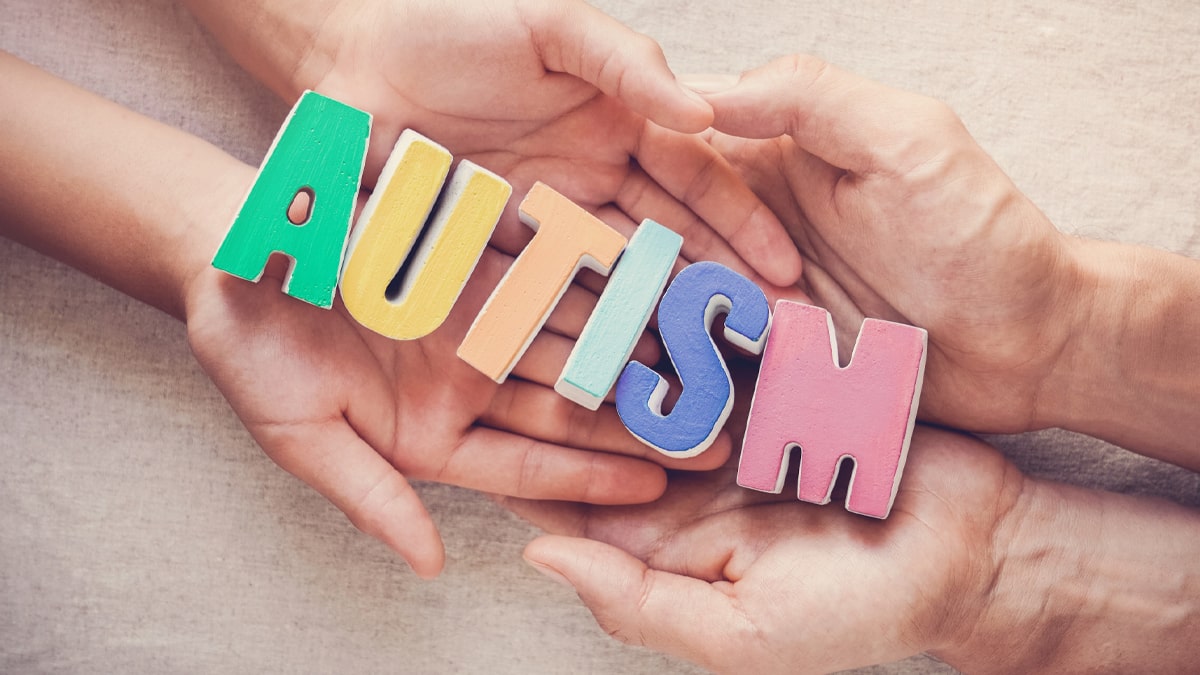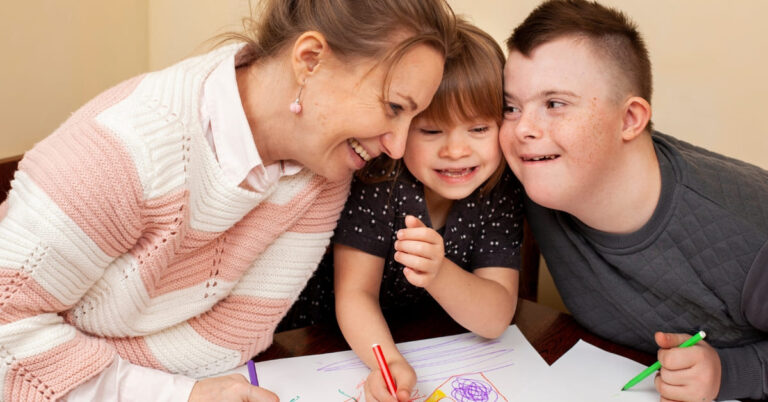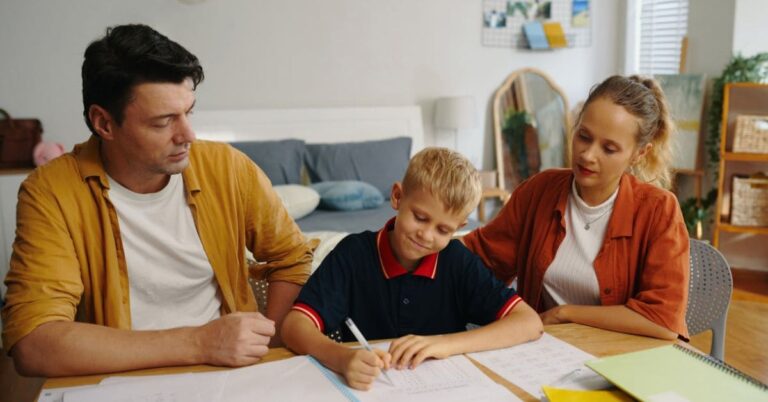Autism clinically known as Autism Spectrum Disorder (ASD), is a diverse group of conditions related to the development of the brain. About 1 in every 100 children has ASD and has a huge impact on the development of the individual.
The individual who suffers from Autism generally has some degree of difficulty with social interaction and communication. The activities that are included are atypical patterns of activities and behaviors, such as difficulty with transition from one activity to another, a focus on details, and unusual reactions to sensations.
Autism is treated using ABA Therapy and other allied therapy techniques which helps the kid with autism in interacting with Autism. Both the U.S. Surgeon General and the American Psychological Association endorse ABA as an evidence-based best practice, having proven its utility, quality, and effectiveness.
Over four decades of thorough research highlight ABA therapy’s success in decreasing problem behaviors and enhancing skills for individuals with intellectual disabilities and Autism Spectrum Disorders (ASD).
What are the Symptoms of Autism in Kids?
In 2013, the American Psychiatric Association released the fifth edition of its Diagnostic and Statistical Manual of Mental Disorders (DSM-5) which clearly defines and characterize the Autism Spectrum Disorder (ASD).
The following are the symptoms that falls under Autism-
Impaired social interaction
Individuals with ASD may struggle with maintaining appropriate eye contact, understanding nonverbal cues, adjusting behavior to different social contexts, and forming friendships.
Communication difficulties
People with ASD may have challenges in expressing themselves verbally or nonverbally, understanding language and social communication, and engaging in imaginative play or conversation.
Restricted and repetitive behaviors
Individuals with ASD often exhibit repetitive motor movements, fixation on specific objects or topics, a strong preference for routines, and intense reactions to changes in their environment.
Sensory sensitivities
Many individuals with ASD may be hypersensitive or hypersensitive to sensory stimuli, resulting in unusual reactions or seeking out specific sensory experiences.
How Mind Grove Therapy Diagnoses Autism?
Mind Grove Therapy adopts a thorough and comprehensive diagnosis process to accurately assess and understand the individual’s condition and develop an effective treatment plan. The diagnosis process for Autism Spectrum Disorder typically involves the following steps:
Initial Autism Evaluation
Mind Grove Therapy begins with an initial evaluation, which may include interviews with the individual and their family members or caregivers. This helps gather information about the individual’s developmental history, social communication skills, behavioral patterns, and any concerns or challenges they may be facing.
Clinical Observation
A qualified professional from Mind Grove Therapy will conduct direct observations of the individual’s behavior and social interactions in various settings. This may involve observing the individual at home, school, or in a clinical environment to assess their social communication skills, repetitive behaviors, sensory sensitivities, and response to changes in routine.
Developmental and Medical History Review
Mind Grove Therapy reviews the individual’s developmental milestones and medical history, including any previous assessments or interventions. This information provides important insights into the individual’s overall development and helps rule out any medical conditions or other factors that may contribute to the observed symptoms.
Diagnostic Tools and Assessments
Mind Grove Therapy utilizes standardized assessment tools and questionnaires specifically designed to evaluate Autism Spectrum Disorder. These tools may include the Autism Diagnostic Observation Schedule (ADOS) and the Autism Diagnostic Interview-Revised (ADI-R). These assessments provide valuable information about the individual’s social communication skills, repetitive behaviors, and overall functioning.
Multidisciplinary Collaboration
Mind Grove Therapy believes in a collaborative approach to diagnosis. They may collaborate with other professionals, such as psychologists, pediatricians, speech-language therapist, occupational therapists, and educational specialists, to gather additional insights and expertise for a comprehensive assessment. We also organize summer camps for children with autism.
Monitoring Progression
After implementing a carefully tailored therapy plan, we take a dedicated approach to re-evaluate its effectiveness. Our team of experts meticulously assesses the progress made, ensuring that every step we take aligns with the unique needs of each individual with autism.
Conclusion
Once a diagnosis is made, Mind Grove Therapy works closely with the individual, their family, and the multidisciplinary team to develop a tailored treatment plan. This plan may include evidence-based interventions, ABA Therapy, other therapies, and support services aimed at addressing the individual’s specific needs and promoting their overall development and well-being.
Through this comprehensive diagnosis process, Mind Grove Therapy strives to provide timely intervention and support for individuals with Autism Spectrum Disorder, empowering them to reach their full potential and improve their quality of life.




